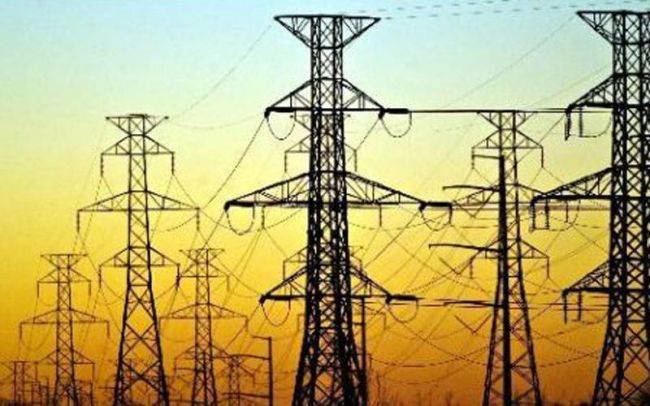Dasu hydropower project: Statistics and development phases
Shares

ISLAMABAD: (APP) The land acquisition process of Dasu hydropower project, being constructed to generate 4,500 MW of electricity will now be expedited as the issue of provincial tax on land acquisition has been resolved.
Finance Minister, Senator Mohammad Ishaq Dar in a recently held meeting to review implementation status of the project, was informed by officials of Ministry of Water and Power and WAPDA, the matter of land acquisition was resolved as a result of facilitation by the Ministry of Finance.
The Minister emphasized that early implementation of Dasu Hydropower Project
Stage-I was a national priority to make affordable power available to the nation.
The Country Director World Bank also expressed appreciation for the government for undertaking this project with strong commitment and assured full support for the financing arrangement of the project.
The Ministry of Interior had been approached on the issue of security, and the issue of deployment of FC in the area would be finalized soon.
Six contracts have so far been awarded while the bidding process of the 7th contract for main works has been completed. The bids have been opened and are currently under evaluation.
According to official sources in the ministry of planning, development and reform, the federal government has allocated Rs 42 billion under Public Sector Development Programme (PSDP) for construction of Dasu hydropower project during the year 2016-17.
The dam to be completed in two stages, would add 2160 MW electricity to the national grid in first stage.
It may be mentioned here that the Dasu Dam is a gravity dam currently being constructed on the Indus River near Dasu in Khyber Pakhtunkhwa Province (KPK).
The 242 meter (794 feet) tall dam will support a 4,320 MW hydroelectric power station which will be built in two 2,160 MW stages.
Water from the reservoir will be diverted to the power station located about 3.5 km downstream.
The first stage was approved by the Executive Committee of the National Economic Council on March 29, 2014. It will cost an estimated US$ 4.278 billion.
